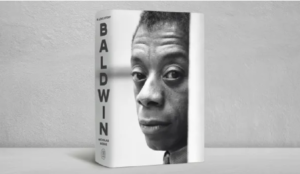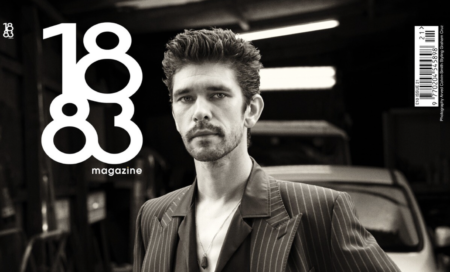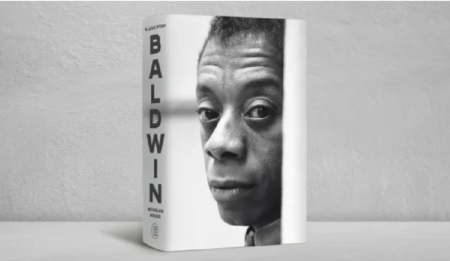Nearly five decades after its release, Sylvester’s 1978 album Step II—and its signature track You Make Me Feel (Mighty Real)—continues to be cited as a turning point in dance music and LGBTQ+ culture.
Born Sylvester James Jr. in 1947 and raised in Los Angeles’s Watts neighbourhood, Sylvester trained his voice in the Pentecostal church before leaving home as a teenager and moving to San Francisco in 1970. There he joined the avant‑garde drag troupe The Cockettes and fronted funk‑rock ensembles before concentrating on a solo career. He recorded early albums with backing vocalists Martha Wash and Izora Rhodes—later known as The Weather Girls—and signed to Fantasy Records with the support of producer Harvey Fuqua.
Step II, co‑produced by Fuqua and Sylvester, arrived a year after his eponymous debut and propelled the singer to mainstream recognition. Guitarist James Wirrick, who acted as Sylvester’s musical director, wrote the album’s best‑known song, while producer Patrick Cowley reshaped it from a gospel‑tinged ballad into a high‑energy, synth‑driven disco anthem. You Make Me Feel (Mighty Real) combined a raw, minimalist lyric with an aggressive electronic production that helped define what later came to be called Hi‑NRG.
The record spawned other dance hits—most notably Dance (Disco Heat)—and both singles topped Billboard’s dance chart for extended runs. Step II reached No. 28 on the Billboard 200, entered the R&B Top 10 and earned a gold certification from the RIAA. It brought Sylvester wider mainstream exposure through television appearances and international tours, and led to high‑profile support slots with artists such as Chaka Khan and The Commodores. In San Francisco, he was presented with the Key to the City after a headline concert at the War Memorial Opera House.
Beyond its commercial success, the album’s cultural impact has been widely recognised. You Make Me Feel (Mighty Real) became an instant disco classic and a persistent queer anthem, charting in the US Top 40 and reaching the top 10 in a number of European and Latin American markets. The track has since been included in retrospective lists—from Rolling Stone to Pitchfork—and in 2019 was added to the US Library of Congress’s National Recording Registry for its cultural and historical significance.
Critics and historians have noted the track’s simplicity and directness as part of its appeal: its lyrics, which centre on dancing, desire and self‑expression, resonated with gay club culture at a time when LGBTQ+ lives remained marginalised and, in some places, criminalised. Patrick Cowley’s electronic reworking is also credited with influencing later strands of electronic dance music.
Step II contains several other highlights: upbeat singles such as Dance (Disco Heat), with it’s brilliant spoken intro, the celebratory Grateful, a cover of the Burt Bacharach and Hal David song “I Took My Strength From You, and the vocal interplay between Sylvester and his backing singers on tracks like Was It Something That I Said and Just You and Me Forever.
Sylvester continued to record into the 1980s—releasing albums including Stars (1979), All I Need (1982) and Mutual Attraction (1986)—and scored further dance‑chart successes. He died in 1988, but his influence endures. He was posthumously inducted into the Dance Music Hall of Fame in 2005, is commemorated on San Francisco’s Rainbow Honor Walk and has been portrayed in stage works and tributes. Contemporary artists and producers continue to revisit his work—most recently in remixes and reissues that frame Step II as a formative record in both disco history and the broader queer musical canon.
[Picture by Mark Vieira]




















